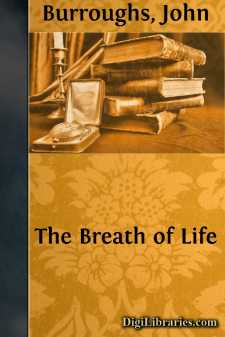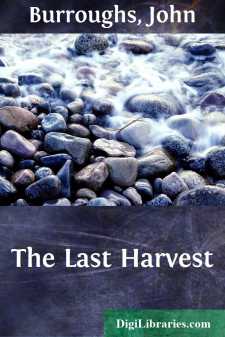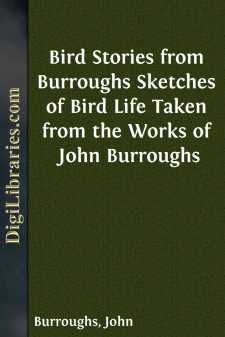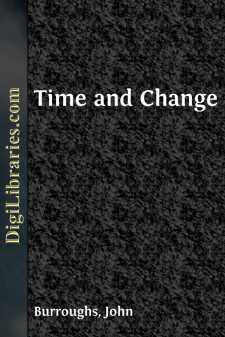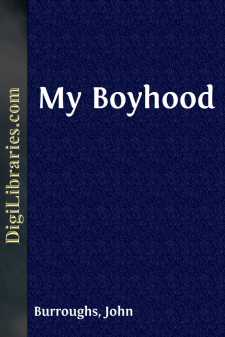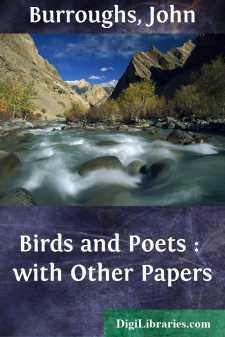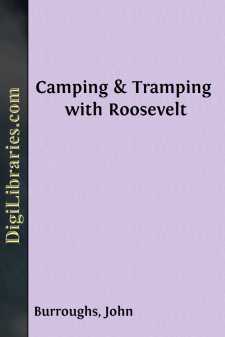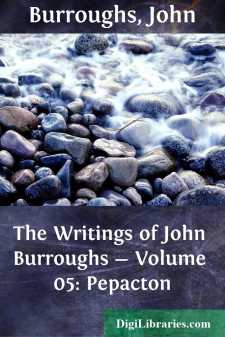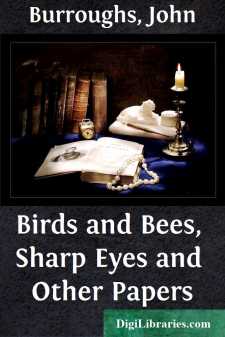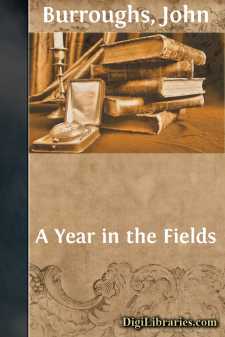Categories
- Antiques & Collectibles 13
- Architecture 36
- Art 48
- Bibles 22
- Biography & Autobiography 815
- Body, Mind & Spirit 144
- Business & Economics 28
- Children's Books 18
- Children's Fiction 14
- Computers 4
- Cooking 94
- Crafts & Hobbies 4
- Drama 346
- Education 58
- Family & Relationships 59
- Fiction 11829
- Games 19
- Gardening 17
- Health & Fitness 34
- History 1378
- House & Home 1
- Humor 147
- Juvenile Fiction 1873
- Juvenile Nonfiction 202
- Language Arts & Disciplines 89
- Law 16
- Literary Collections 686
- Literary Criticism 179
- Mathematics 13
- Medical 41
- Music 40
- Nature 179
- Non-Classifiable 1768
- Performing Arts 7
- Periodicals 1453
- Philosophy 65
- Photography 2
- Poetry 896
- Political Science 203
- Psychology 44
- Reference 154
- Religion 515
- Science 126
- Self-Help 85
- Social Science 82
- Sports & Recreation 34
- Study Aids 3
- Technology & Engineering 59
- Transportation 23
- Travel 463
- True Crime 29
Our website is made possible by displaying online advertisements to our visitors.
Please consider supporting us by disabling your ad blocker.
The Breath of Life
by: John Burroughs
Description:
Excerpt
I
I
When for the third or fourth time during the spring or summer I take my hoe and go out and cut off the heads of the lusty burdocks that send out their broad leaves along the edge of my garden or lawn, I often ask myself, "What is this thing that is so hard to scotch here in the grass?" I decapitate it time after time and yet it forthwith gets itself another head. We call it burdock, but what is burdock, and why does it not change into yellow dock, or into a cabbage? What is it that is so constant and so irrepressible, and before the summer is ended will be lying in wait here with its ten thousand little hooks to attach itself to every skirt or bushy tail or furry or woolly coat that comes along, in order to get free transportation to other lawns and gardens, to green fields and pastures new?
It is some living thing; but what is a living thing, and how does it differ from a mechanical and non-living thing? If I smash or overturn the sundial with my hoe, or break the hoe itself, these things stay smashed and broken, but the burdock mends itself, renews itself, and, if I am not on my guard, will surreptitiously mature some of the burs before the season is passed.
Evidently a living thing is radically different from a mechanical thing; yet modern physical science tells me that the burdock is only another kind of machine, and manifests nothing but the activity of the mechanical and chemical principles that we see in operation all about us in dead matter; and that a little different mechanical arrangement of its ultimate atoms would turn it into a yellow dock or into a cabbage, into an oak or into a pine, into an ox or into a man.
I see that it is a machine in this respect, that it is set going by a force exterior to itself—the warmth of the sun acting upon it, and upon the moisture in the soil; but it is unmechanical in that it repairs itself and grows and reproduces itself, and after it has ceased running can never be made to run again. After I have reduced all its activities to mechanical and chemical principles, my mind seems to see something that chemistry and mechanics do not explain—something that avails itself of these forces, but is not of them. This may be only my anthropomorphic way of looking at things, but are not all our ways of looking at things anthropomorphic? How can they be any other? They cannot be deific since we are not gods. They may be scientific. But what is science but a kind of anthropomorphism? Kant wisely said, "It sounds at first singular, but is none the less certain, that the understanding does not derive its laws from nature, but prescribes them to nature." This is the anthropomorphism of science.
If I attribute the phenomenon of life to a vital force or principle, am I any more unscientific than I am when I give a local habitation and a name to any other causal force, as gravity, chemical affinity, cohesion, osmosis, electricity, and so forth? These terms stand for certain special activities in nature and are as much the inventions of our own minds as are any of the rest of our ideas.
We can help ourselves out, as Haeckel does, by calling the physical forces—such as the magnet that attracts the iron filings, the powder that explodes, the steam that drives the locomotive, and the like—"living inorganics," and looking upon them as acting by "living force as much as the sensitive mimosa does when it contracts its leaves at touch." But living force is what we are trying to differentiate from mechanical force, and what do we gain by confounding the two? We can only look upon a living body as a machine by forming new conceptions of a machine—a machine utterly unmechanical, which is a contradiction of terms.
A man may expend the same kind of force in thinking that he expends in chopping his wood, but that fact does not put the two kinds of activity on the same level. There is no question but that the food consumed is the source of the energy in both cases, but in the one the energy is muscular, and in the other it is nervous. When we speak of mental or spiritual force, we have as distinct a conception as when we speak of physical force....


